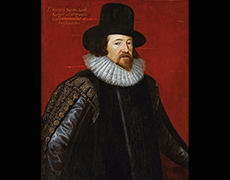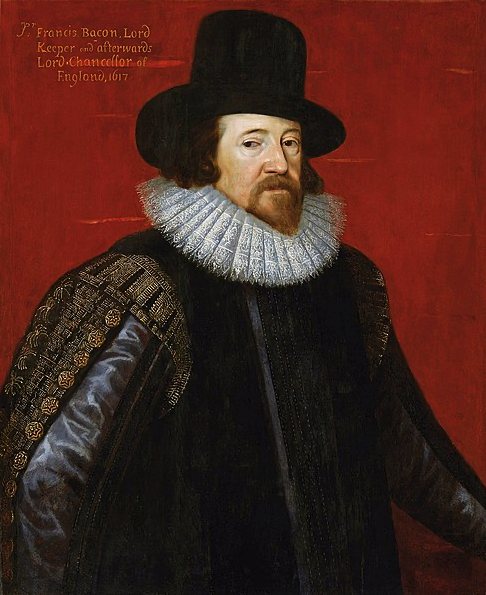
Born on January 22, 1561, Francis Bacon, also known as Lord Verulam, was an English philosopher and statesman. He is widely considered to be the father of empiricism.
Empiricism is the theory of knowledge that emphasizes the role of experience, especially sense experience, in the formation of ideas.
Bacon’s work laid the foundation for the scientific method and greatly influenced the development of modern science.
In this article, we will explore Bacon’s ideas on empiricism and the ways in which his ideas continue to shape our understanding of the world today.
1. Scientific Method
Francis Bacon was a key figure in the development of the scientific method. He believed that scientific experimentation and observation were necessary for understanding the natural world, and he proposed a method for conducting scientific research that involved making observations, forming hypotheses, and testing those hypotheses through experimentation.

2. Reason and Logic
Bacon was also a strong advocate for the use of reason and logic in the pursuit of knowledge. He believed that human reason was capable of understanding the laws of nature and that through the use of reason, people could gain knowledge of the world around them.
3. Scientific Experimentation
Bacon’s ideas about the importance of scientific experimentation and observation had a profound impact on the development of modern science. Many of the methods and techniques used by scientists today can be traced back to Bacon’s work.
4. Statesman and Lawyer
Francis Bacon was not only a philosopher but also a statesman and a lawyer. He held several positions in government and legal system. He was appointed as Lord Chancellor of England in 1618, but was later impeached for corruption and removed from office.
5. Writer
Bacon’s writing also covered a wide range of subjects, including politics, law, history, and literature. He is considered one of the most influential figures in the history of English literature, and his writing style and use of metaphor had a significant impact on the development of the English language.

